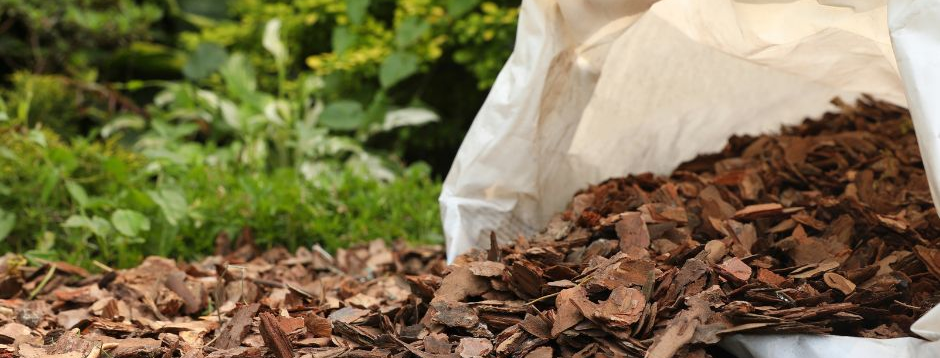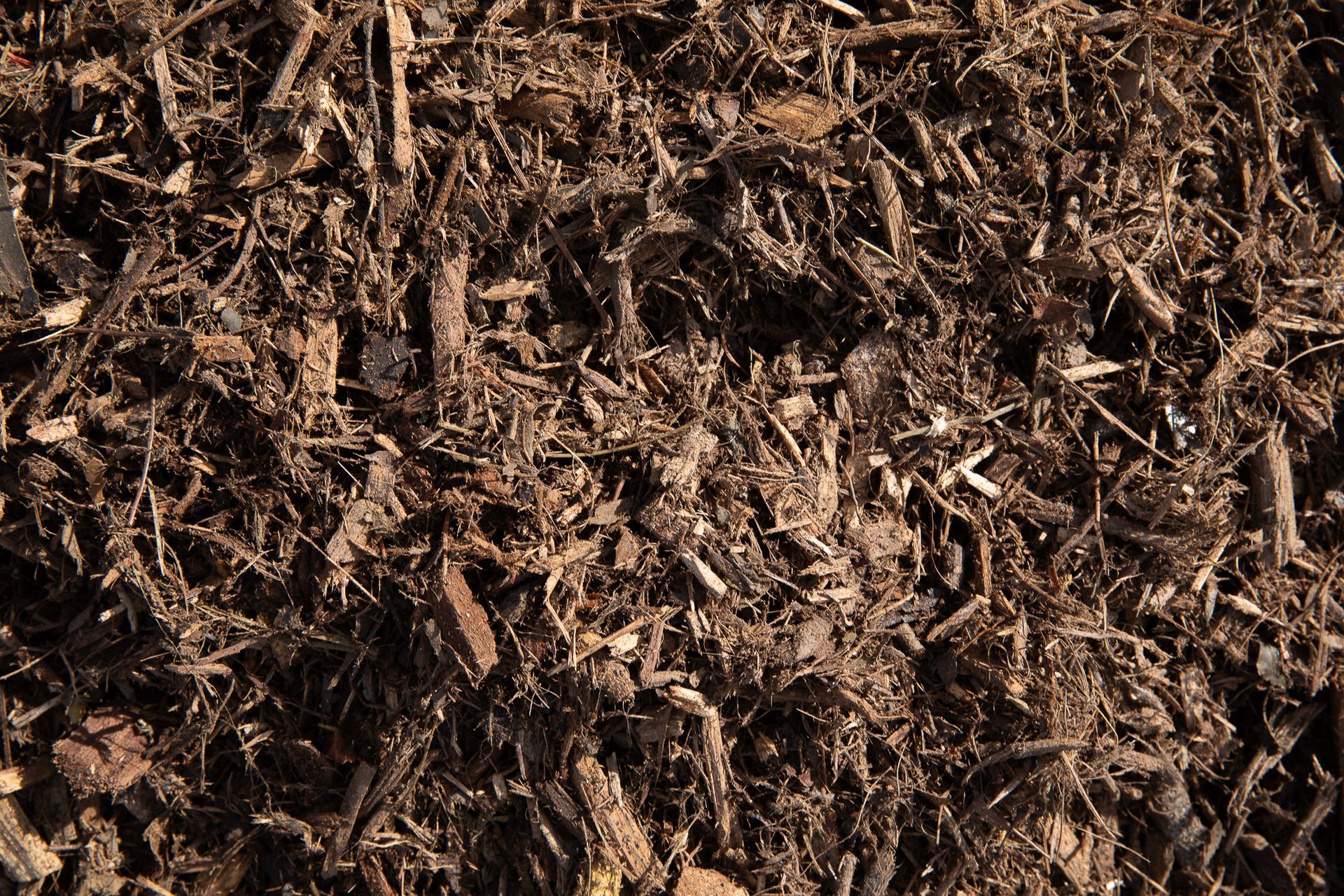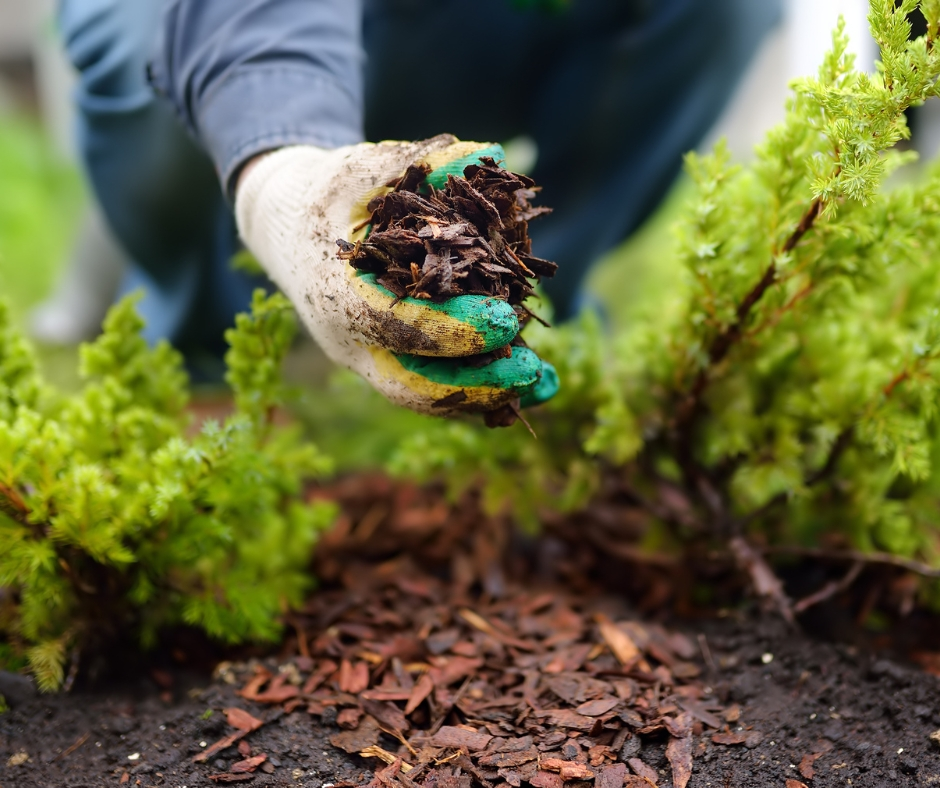Mulch in Sustainable Agriculture: Strategies for Soil Health and Crop Production

In the realm of sustainable agriculture, the utilization of mulch stands as a cornerstone practice for enhancing soil health and bolstering crop production. Mulch, whether organic or synthetic, serves multifaceted roles ranging from moisture retention to weed suppression. This article delves into the significance of mulch in sustainable agricultural systems, exploring various strategies for its implementation to optimize soil health and promote robust crop yields.
Understanding Mulch:
Mulch refers to any material spread or laid over the soil surface to conserve moisture, suppress weeds, and improve soil fertility. Organic mulches, such as compost, straw, or leaves, decompose over time, enriching the soil with essential nutrients. In contrast, synthetic mulches like plastic films provide effective weed control and moisture retention but may lack the soil-building benefits of organic alternatives.
Enhancing Soil Health:
One of the primary benefits of mulching in sustainable agriculture is its ability to nurture soil health. Organic mulches break down gradually, releasing nutrients into the soil and fostering microbial activity. This decomposition process enhances soil structure, promotes aeration, and encourages the proliferation of beneficial soil organisms. By preserving soil moisture and preventing erosion, mulch also safeguards against degradation, ensuring the long-term fertility and productivity of agricultural land.
Promoting Crop Growth:
Mulch plays a pivotal role in facilitating optimal growing conditions for crops. By maintaining soil moisture levels, mulch reduces the frequency of irrigation, conserving water resources and mitigating drought stress. Furthermore, the suppression of weeds by mulch minimizes competition for nutrients and sunlight, allowing crops to thrive without interference. As organic mulches decompose, they contribute organic matter to the soil, improving its nutrient content and fostering a conducive environment for root development and nutrient uptake by plants.
Strategies for Mulch Implementation:
- Selecting Appropriate Mulch Materials: Choose mulch materials based on the specific needs of the crop, soil type, and climatic conditions. Organic mulches are ideal for enhancing soil fertility, while synthetic mulches offer effective weed control in high-value crops.
- Mulch Application Techniques: Employ suitable techniques for applying mulch, such as spreading it evenly over the soil surface or laying it in rows between crop plants. Ensure adequate coverage to maximize the benefits of mulch while minimizing weed growth and soil erosion.
- Mulch Management Practices: Monitor the condition of mulch regularly and replenish as needed to maintain adequate coverage and effectiveness. Adjust mulch thickness based on weather conditions to optimize moisture retention and insulation.
- Integration with Crop Rotation and Cover Cropping: Incorporate mulching into crop rotation and cover cropping systems to enhance soil health and diversify agroecosystems. Rotate mulch materials to prevent nutrient depletion and manage pest and disease pressure effectively.
In sustainable agriculture, mulch serves as a versatile tool for promoting soil health and enhancing crop production. By conserving moisture, suppressing weeds, and enriching the soil with organic matter, mulch contributes to the resilience and sustainability of agricultural systems. Through strategic implementation and management, farmers can harness the full potential of mulch to optimize soil health, increase yields, and cultivate thriving, resilient crops.











